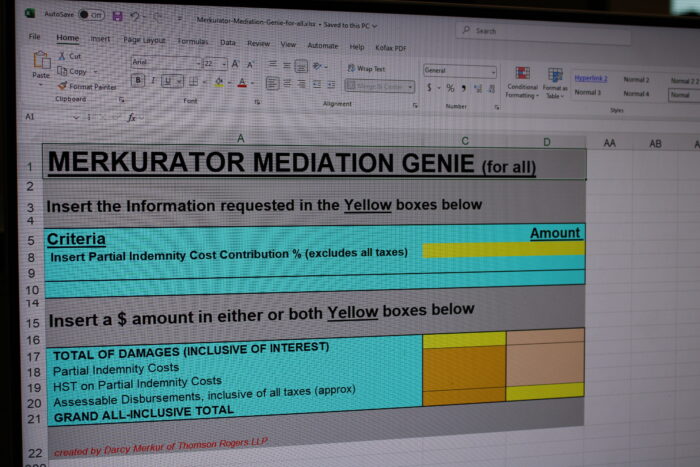Know Your Rights as an Unpaid Caregiver
Author(s): Stacey L. Stevens*
November 26, 2019

Did you know that unpaid caregivers spend an average of 17 hours per week taking care of their disabled family members on top of their own work and personal responsibilities? Did you also know that caregivers often fund various additional necessities such as prescription medications, transportation and rehabilitation costs?
In recognition of the burdens associated with caregiving, the Federal Government has introduced the Canadian Caregiver Credit (CCC).
The CCC is a non-refundable tax credit that is available to a person providing support to an eligible person who is dependent on them by reason of mental or physical infirmity. It is important to note that the person requiring support does not have to live with the caregiver and, where there is more than one caregiver, the credit can be split among them.
In order to claim the CCC you may be required to obtain a signed statement from a medical professional detailing the person’s impairments unless the person has been approved to receive the Disability Tax Credit (DTC).
The amount of the tax credit depends on the relationship between the parties:
| The care-receiver’s relationship to you | What you can claim on your tax return (federal) |
| Spouse or common-law partner | up to $7,140 per person |
| Adult dependents (e.g., your parents or adult children age 18 or older) | up to $7,140 per person |
| Dependents under 18 years of age at the end of the year (e.g., your children or grandchildren) | up to $2,320 per person |
| Adult dependents you’re not related to | up to $7,140 per person |
In addition to the CCC, Ontario residents can also claim the companion Ontario Caregiver Amount (OCA) provided the dependent’s net income is less than $21,577.
Here is a link for more information.
Stacey Stevens is a partner and a personal injury lawyer at Thomson Rogers. Her practice is entirely devoted to helping people who have sustained serious personal injuries from car, motorcycle, boating accidents and slip and falls. Stacey’s expertise has been sought out in interviews on Canada AM, the Business News Network and CFRB Radio, and in newspapers and magazines including the Lawyer’s Weekly, Law Times, The Litigator and The Globe and Mail. Stacey can be reached at 416-868-3186 or by EMAIL.
Share this





